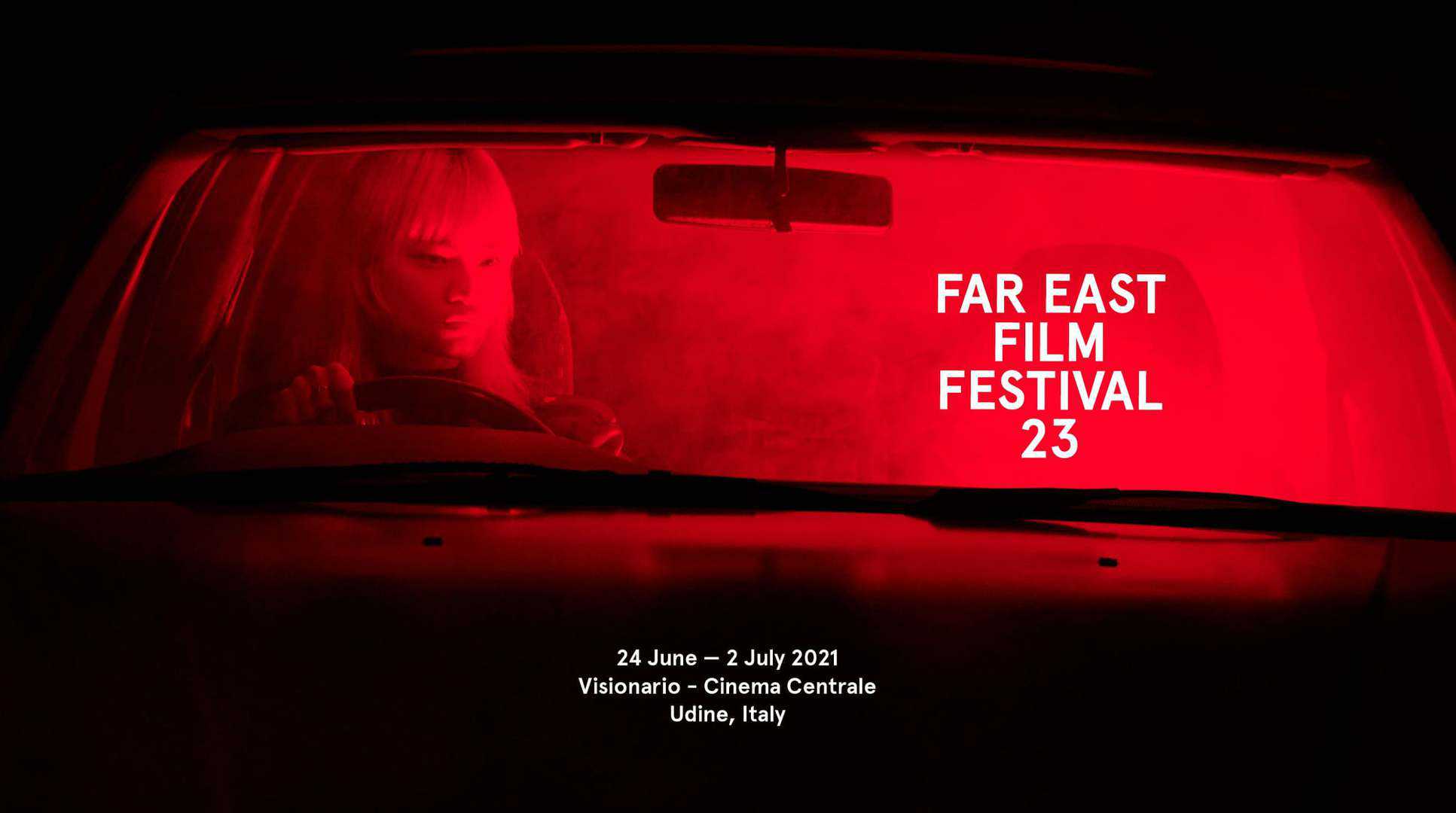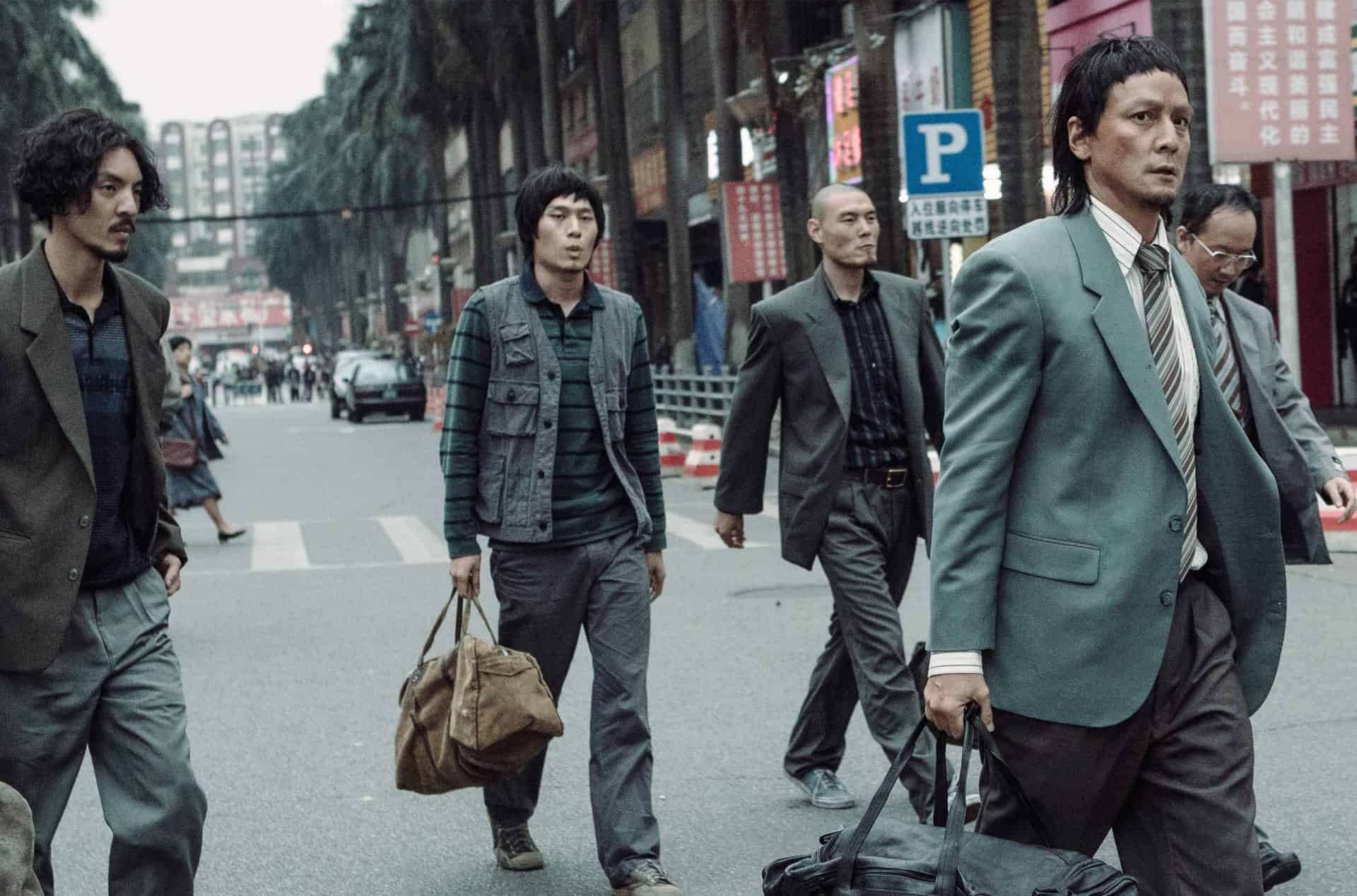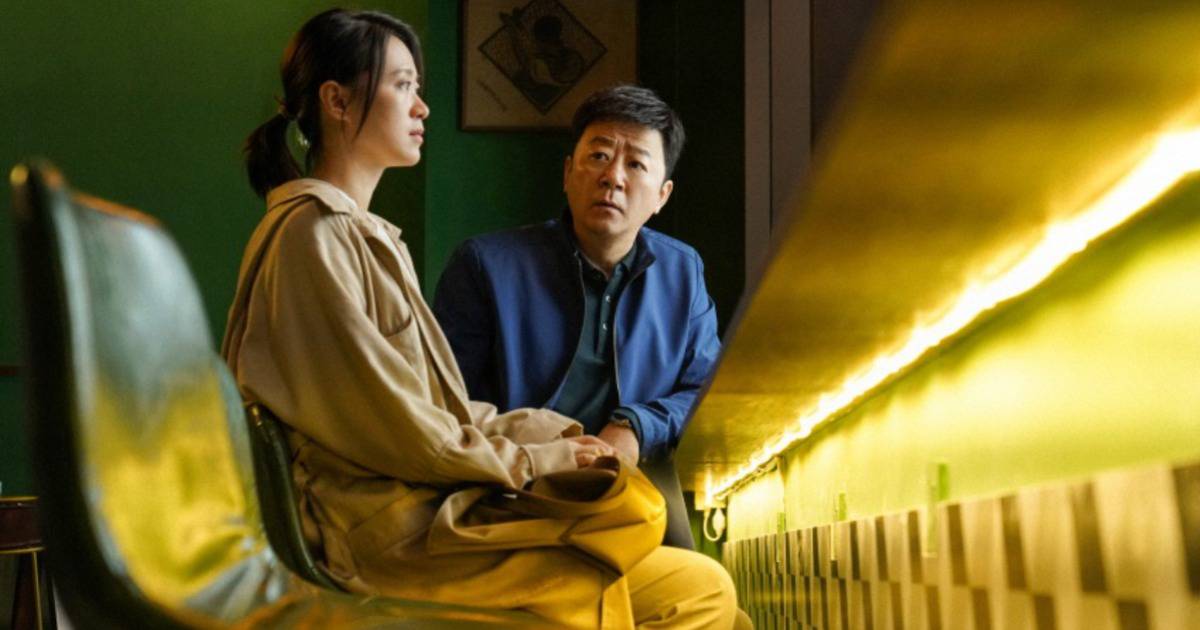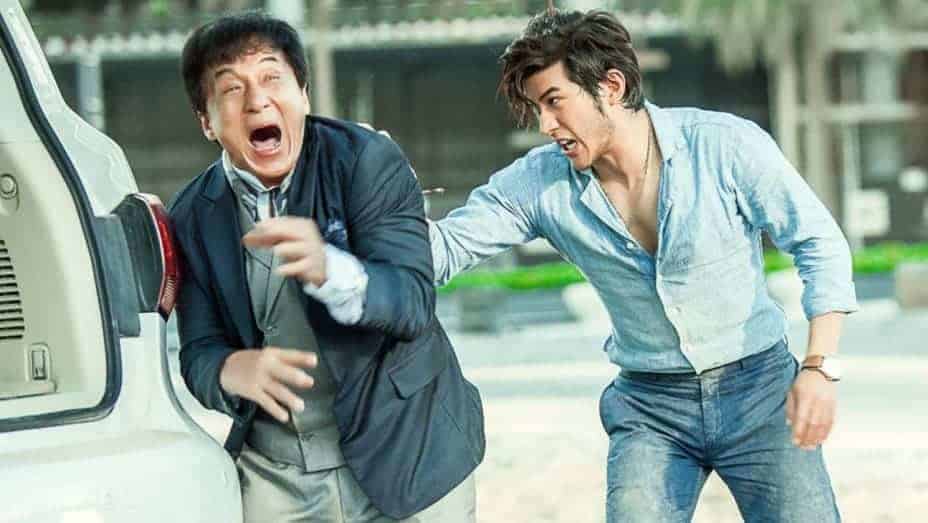The third feature from director Li Xiaofeng, following “Nezha” and “Ash”, “Back To The Wharf” is a classic noir exposing some of the modern China's worst plagues. The film had its premiere at the Shanghai Film Festival.
“Back to the Wharf ” is screening at Udine Far East Film Festival

It's 1992 and bright, diligent student Song Hao (Zhou Zhengjie as a teenager and Yu Zhang as an adult) is waiting to hear if his well-earned automatic university place is finally confirmed. Hao‘s father Song Jianhui (Wang Yanhui) is a mid-level official of a coastal port city who has placed on the boy's shoulders all his hopes for a better future and a social retribution. However, the headmaster announces that Hao will not have the university grant as he is good enough to get a place in the regular way and that “to prioritize the collective over the individual” the place will go to a more needy student. Infuriated by the news, Song Hao's father rings the school, only to discover the place will be offered to Li Tang (Hongqi Li) who is – surprise surprise – certainly not a needy student but the son of influential local mayor Li Weiguo (Jin Hui), and also Hao's best friend. In a frenzy of commotion and anger, the father runs to the mayor's house to confront him, followed by a worried Hao. A typhoon is over the city and, confused by the torrential rain, Hao sees a flapping door and enters the wrong house where a man mistakes him for a burglar and attack him. The boy stabs the houseowner in self-defence and – terrified – runs away. He thinks he has killed the man, but he doesn't know that his father had followed him and seeing the wounded man, had finished him off for fear of him accusing Hao. That night Hao devastated by his own actions, takes his bike and leaves the city not to return again.

15 years later, in 2007, construction labourer Hao receives a phone call. His mother has died, and the funeral will be held soon. Back in town for the sad duty, Hao is a different person; regret and guilt have shaped his past 15 years and he has clamed up. But he is not the only one who has changed. He learns his parents had separated and his father, after a generous promotion, has remarried and has another son, and Li Tang is now a brassy and rapacious property developer. Moreover, the little baby he had briefly seen in the house of the murderous accident 15 years ago, is now a troubled orphan (Den Enxi) because of that horrific night, and Hao is drawn to her by his endless guilt. At the same time an old school friend, Pan Xiaoshuang (Song Jia) insists on dating the reluctant Hao until a romance ensues. Life seems a bit brighter now, but the past has never stopped following Song Hao and it is soon catching up with him.
The first part of “Back To The Wharf” is a powerful set up for this fatalistic noir and it is deeply saturated with the anxiety that comes from craving a better future and the despair of having lost it. Both the sought-after university placement and the profound social injustice catalyse Hao's misfortunes and are two of the classic Chinese economic growth outcomes. Much importance is given to the role of family and the expectations over the new generations. Li Tang embodies the typical child of the Chinese new rich with his undeserved wealth and irresponsible actions. Song Jianhui harshly declares his son Hao was a failure and consequently he “had” to have another son to perpetuate the family name, a new son destined to study abroad and have a brilliant future in Australia, where he is planning to retire soon. Hao is therefore a reject of that kind of mentality, and he doesn't fit in this environment. Same for Xiaoshuang who is an unmarried woman in her thirties, a woman left behind in a world regulated by patriarchal assumptions. However, they are very decent people and striving for a life with a different kind of decorum.
The narration slightly loses its pace after Hao's return, the awkward romance with Xiaoshuang is like an opaque screen covering up and weakening the thriller tropes, but I want to interpret it as a parallel with Hao's illusion that his past will somehow go away, even just for a fleeting instant, only to be crushed by a sudden resurgence of the crime plot.
Yu Zhang's performance is sombre and heartfelt, the devastating guilt that had shaped Hao's life is all there, on his impassive mask. The acting in general in “Back To The Wharf” is of a very high quality, but I think Jia Song really shines, gifting this dark masculine tale of penance with a well needed touch of feminine energy and hope. DP Piao Songri's moody cinematography is an excellent counterpart for the story and it makes the most of the costal location, ravaged by wild opportunism and howling typhoons. The jazzy score is apt but maybe a bit too obvious.
Dark and forlorn, “Back To The Wharf” is a solid work that casts a severe glance at the consequences of the post Nineties capitalism, especially on the provincial corners of China. There is, however, a redeeming hint of strength and hope, which is refreshingly borne by a woman.”
















Back to the Wharf is a five-star Oscar level gem.